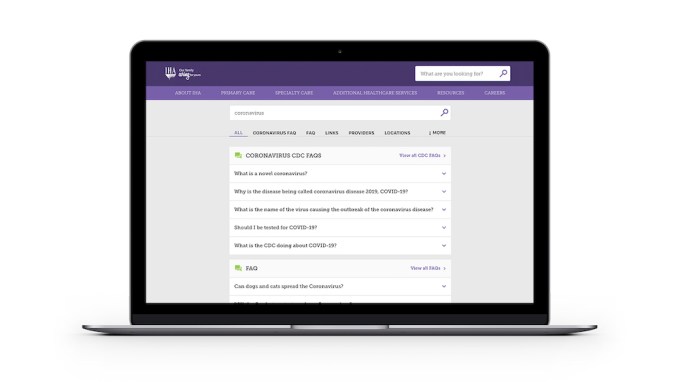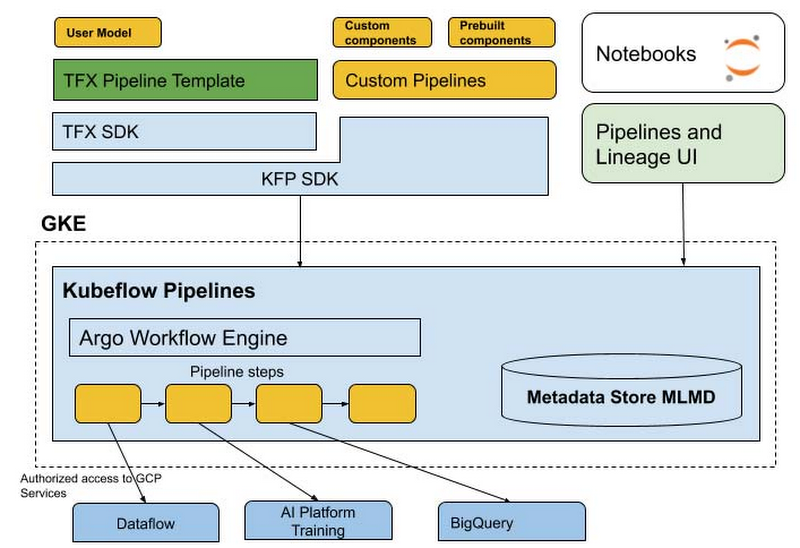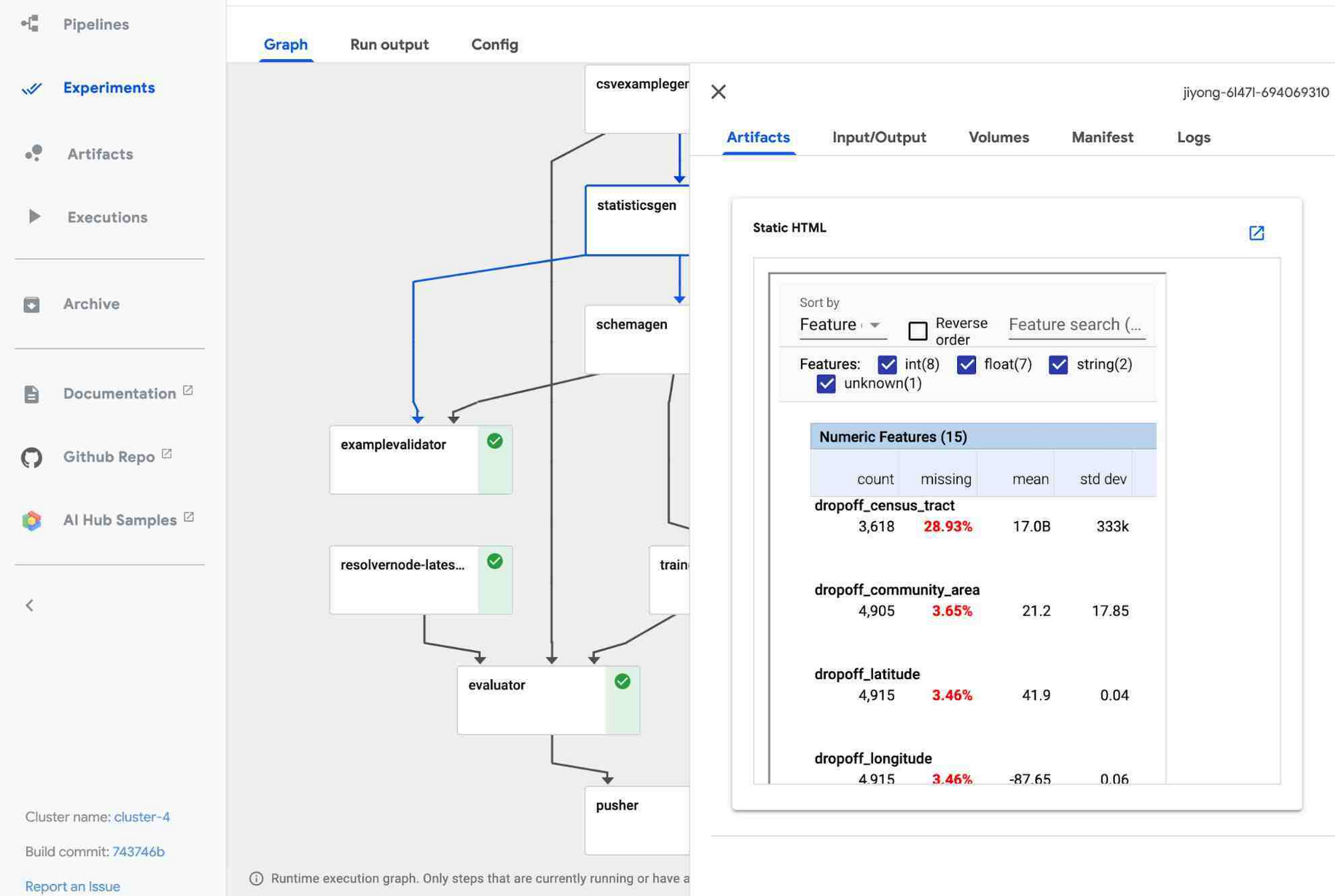The European Commission is switching all staff in “non-critical functions” to remote working from next Monday in response to the Covid-19 pandemic.
In an email sent to staff today the Commission writes that president Ursula von der Leyen has activated a business continuity plan that requires all but those in “critical functions” to telework from next Monday.
Previously the EU’s executive body had been implementing limited teleworking for high risk employees such as those returning from Italy for 14 days after their return.
It’s not clear how many Commission staff are defined as carrying out “critical” functions — but it seems likely that thousands will be working from home or remotely next week. In all, the Commission employs around 32,000 people.
Per the email, staff deemed to be carrying out a critical function will already have been informed they are expected to continue to present at work, with “modalities” and “guidelines” to explain working arrangement slated to follow “soon”.
Earlier this week the European Parliament also told staff to prep for mass remote working Monday. Initially vulnerable staff with pre-existing health conditions had been told to telework to limit their risk of being exposed to the novel coronavirus.
The Commission had also already been instructing staff to switch to videoconferencing for missions, meetings and committees where possible.
Belgium, where the Commission is mainly based, has been reporting rising numbers of cases of Covid-19. Today its federal health authority reported 85 new cases today — bringing the total number of confirmed cases in the country to 399.
The Commission itself reported the first cases (two) of Covid-19 among staff earlier this month.
In recent weeks a number of politicians in countries across Europe have also been confirmed as having contracted the novel coronavirus.
Source: Tech Crunch






